Iraq’s Hezbollah blames UK-, UAE-backed gangs for Baghdad attacks
A senior security official with Iraq’s anti-terror Kata’ib Hezbollah (Hezbollah Brigades) has blamed gangs backed by the United Arab Emirates (UAE) and the United Kingdom for the recent rocket attacks that targeted the fortified Green Zone in the capital, Baghdad.
Abu Ali al-Askari, who is in charge of the security bureau of Kata’ib Hezbollah, said in a tweet on Friday, “The launches of stray rockets at populated areas under the pretext of targeting the US embassy are just an intentional targeting of innocent civilians.”
His remark came a day after three rockets were fired toward the Green Zone, two of which landed in the grounds of the US Embassy. The third one fell on a nearby school, injuring a woman and a girl.
“The UAE-, UK- linked gangs are behind this crime,” al-Askari added.
Last year, an Iraqi lawmaker revealed the destructive role that the United Arab Emirates plays in Iraq, saying the UAE’s national security adviser was in charge of implementing the Emirati agenda that aims to destabilize the country.
“The UAE received the Iraqi file at the request of the US and the Zionist entity after Daesh occupied a number of provinces,” said Kazem al-Sayadi, noting that Abu Dhabi had “death squads” in most countries across the world.
According to al-Sayadi, an Emirati security team had arrived in Iraq to manage the Iraqi intelligence service and make Iraq a subordinate to the UAE, which itself is “basically a subordinate of the Zionist entity.”
On Thursday, Qais Khazali, the head of the Asa’ib Ahl al-Haq resistance group, said, “The way and timing of targeting the Green Zone is an attempt to shuffle the cards,” reiterating that the resistance factions were determined “not to target the American embassy at present.”
In July last year, Khazali said, “The US embassy has so far not had a place in the equation of reactions from the Iraqi Resistance Coordination Committee. Should we decide to attack the facility, it will be struck with precision-guided munitions, not Katyusha rockets, to prevent collateral damage.” He added that Katyusha rockets were notorious for missing their targets and hitting urban areas, and Iraqi resistance groups would not utilize them if the US Embassy in Baghdad came into such an equation.
Anti-American sentiments have been growing in Iraq since the assassination of Lieutenant General Qassem Soleimani, the commander of the Quds Force of Iran’s Islamic Revolution Guards Corps (IRGC), his Iraqi trenchmate Abu Mahdi al-Muhandis, the second-in-command of Iraq’s Popular Mobilization Units (PMU), and their companions in a US drone strike authorized by former US President Donald Trump near Baghdad International Airport on January 3, 2020.
Two days after the attack, Iraqi lawmakers approved a bill that requires the government to end the presence of all foreign military forces led by the US in the country.
Since the assassination, Iraqi resistance forces have ramped up pressure on the US military to leave their country, targeting American bases and forces on numerous occasions, at one point pushing the Americans to ask them to “just leave us alone.”
The Thursday attacks also drew condemnation from the Fatah (Conquest) Alliance in Iraq’s parliament. Hadi al-Ameri, the head of the alliance, said on Friday, “We strongly condemn the latest attacks on the Green Zone and the headquarters of political parties in general,” he said.
Earlier on Friday, reports said explosions had rocked the offices of Azm and Taqaddum parties in Baghdad, causing heavy damage to the buildings.
“These actions are unjustified,” al-Ameri added, calling on the security apparatus to “carry out their duties to police and protect the citizens and their properties.”
UN warns of ‘shocking’ Sudanese paramilitary war crimes in El Fasher
VIDEO | Fuel shortages in Gaza hinder emergency services
VIDEO | Another US government shutdown looms as ICE furor grows
VIDEO | EU lawmakers condemn Trump over US human rights abuses
VIDEO | Iranian Embassy marks 47 years since Islamic Revolution with high-level attendance
Funding lapse set to trigger US Department of Homeland Security shutdown
Gaza’s civil defense says 8,000 bodies of genocide victims remain under rubble
Iran: Israeli violations main obstacle to peace, security in Syria


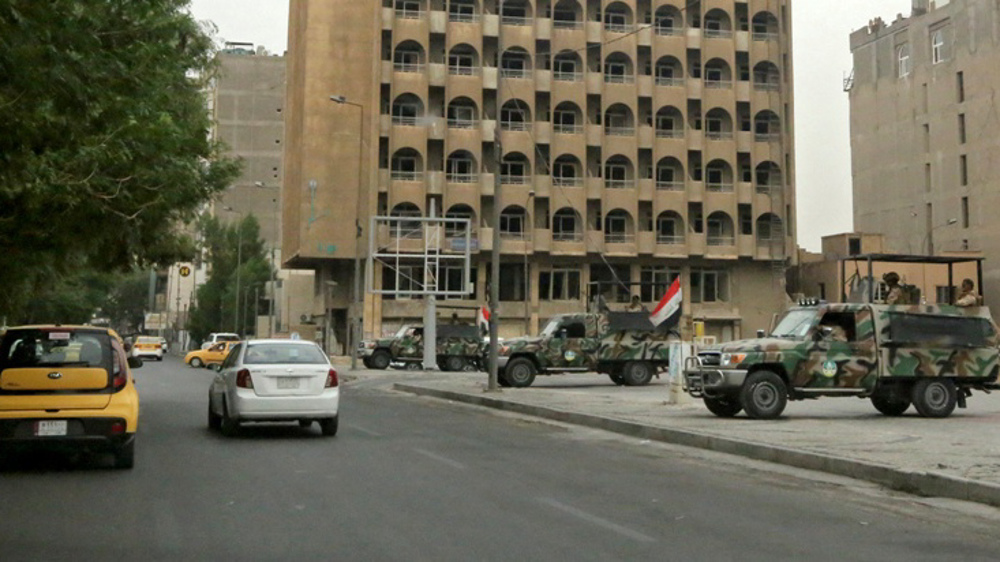
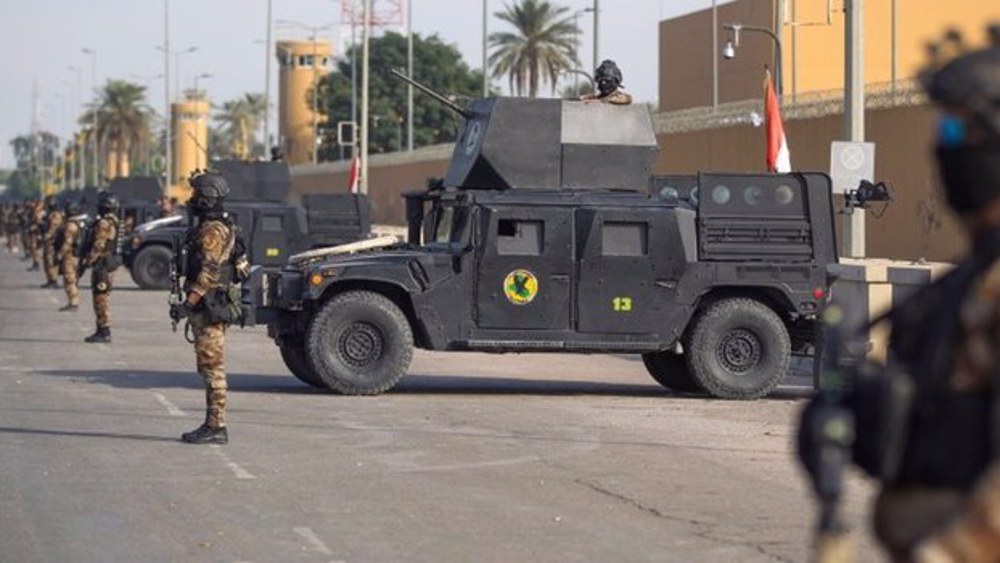
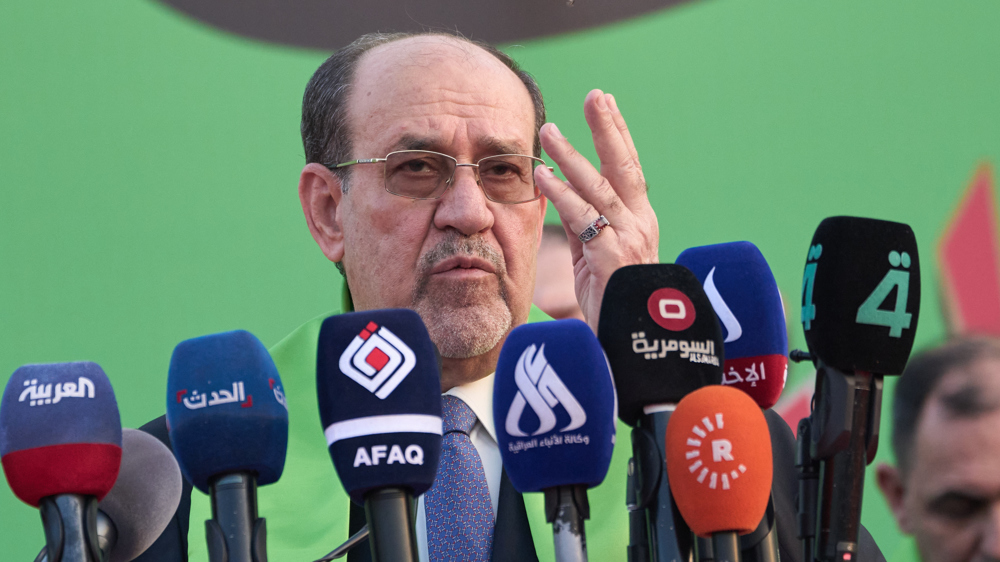
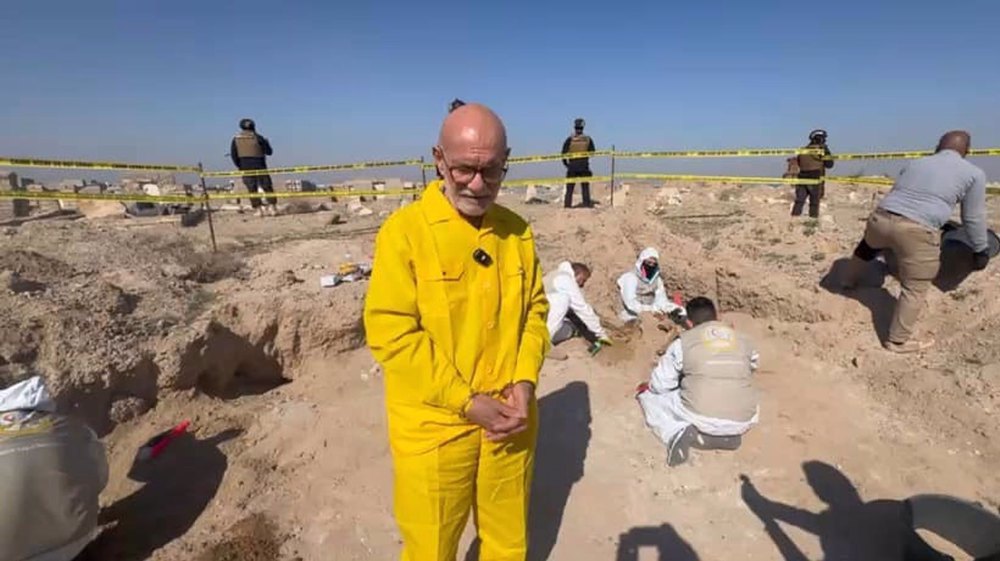
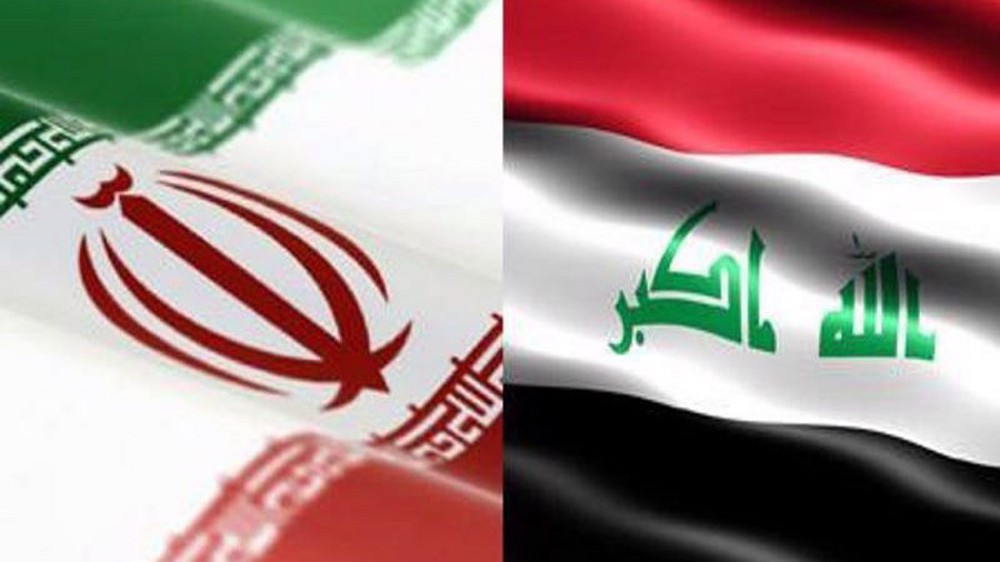



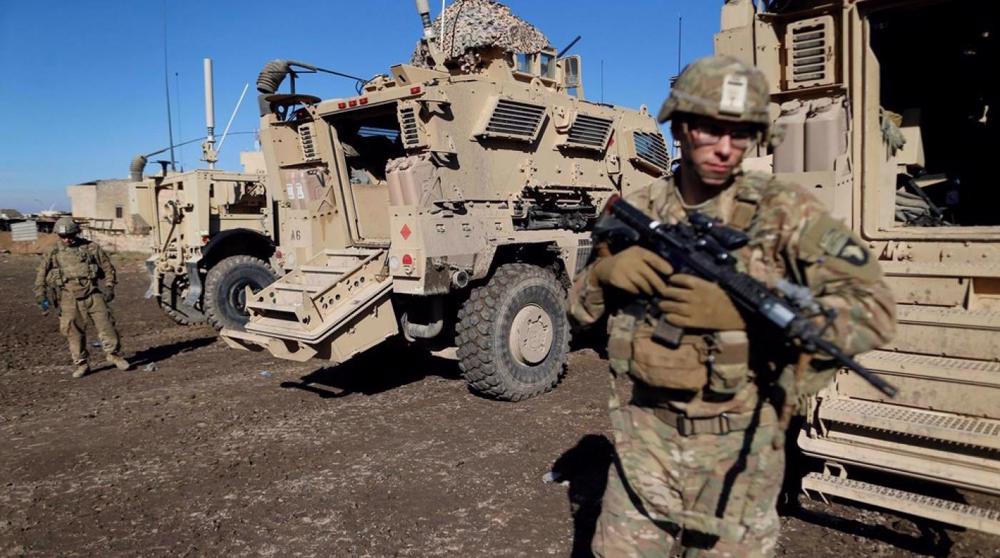
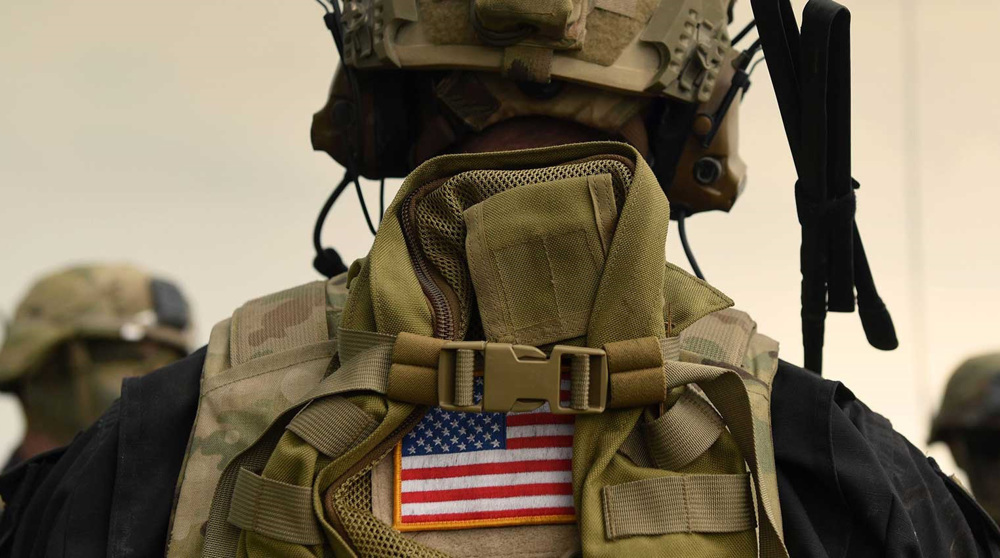

 This makes it easy to access the Press TV website
This makes it easy to access the Press TV website